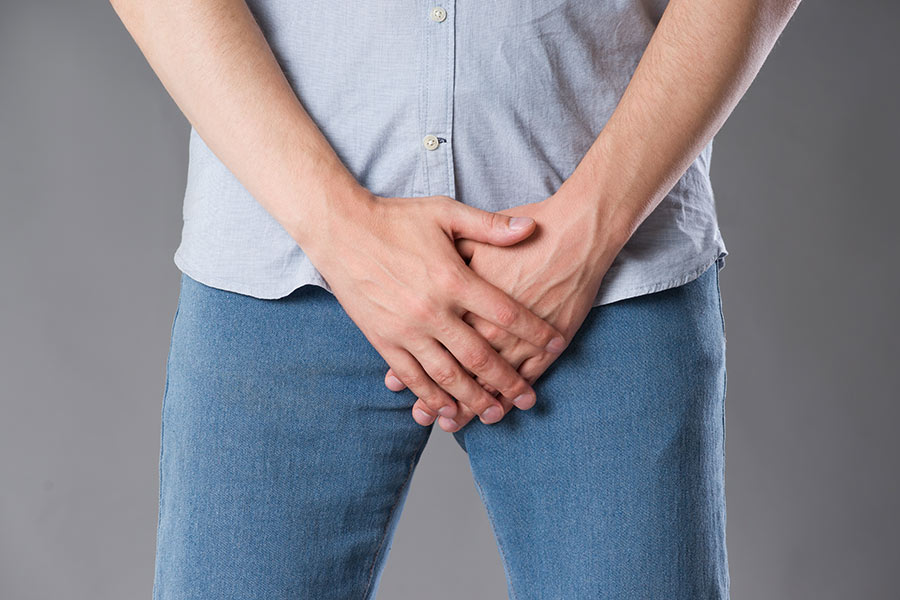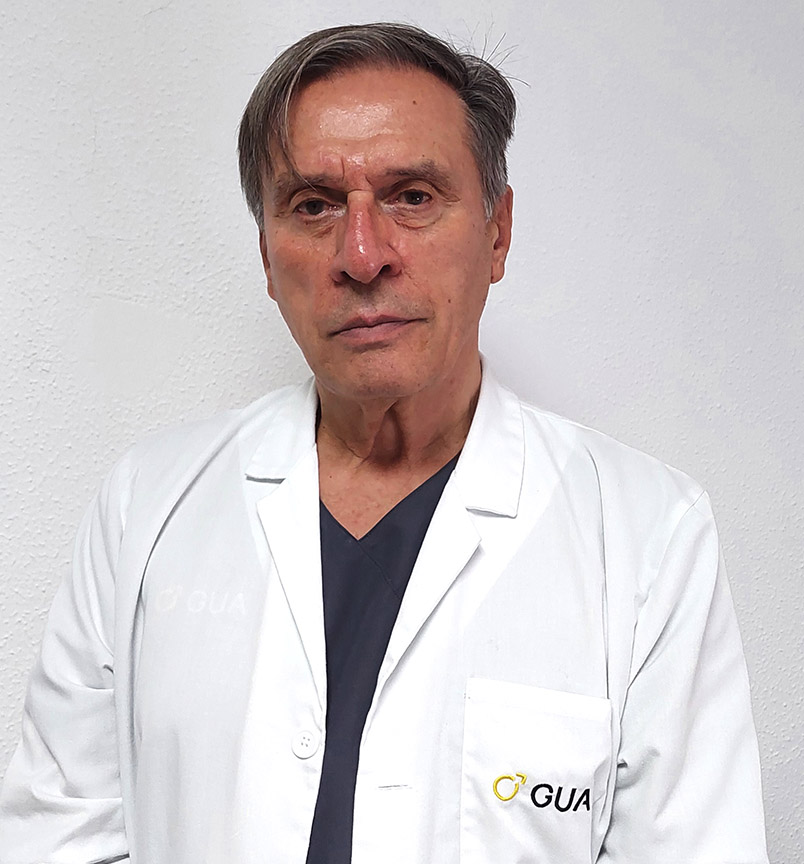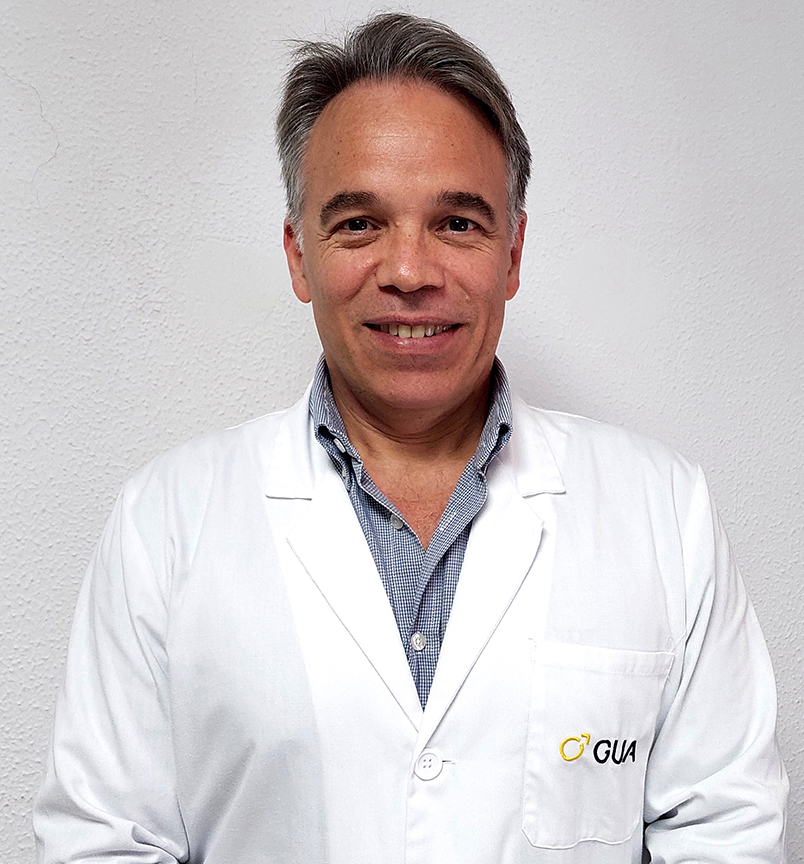
Benign Prostatic Hyperplasia
From the age of 30 onwards there is an imbalance in testosterone production, which causes half of all men to grow a disproportionate area of the prostate (the transition zone).
The prostate surrounds and embraces the urethra. The enlargement of the prostate can cause symptoms in men from the age of 40 onwards, due to the obstruction it causes to the outflow of urine.
This is the most common condition in our speciality in men over 45 years of age. Its frequency increases with age and more than 80% of men have some prostate problem during their lives.
What is the prostate?
The prostate is a muscular and glandular organ. Its function is to expel semen during sexual intercourse.
Where is the prostate located?
The prostate is an organ that surrounds the urethra at the level of the bladder neck.
What are the symptoms of prostate hyperplasia?
- Difficulty or delay in starting to urinate
- Need to strain to start urination
- Weak jet
- Interrupted or interrupted jet stream
- Dribbling at the end of urination
- Lower abdominal pain or discomfort
- Need to go to the toilet quickly: urgency of urination
What are the possible complications of Prostatic Hyperplasia?
If Benign Prostatic Hyperplasia is not treated in time, serious complications such as urinary tract infections, prostatic bleeding, urinary incontinence and, in the most severe cases, urinary retention (inability to urinate) or loss of kidney function can occur.
Alpha-1 Adrenergic Blockers
They relax the bladder neck and reduce resistance to urine output. Side effects are lower blood pressure and retrograde ejaculation (part of the semen, sometimes all of it, is not expelled forwards, but goes backwards into the bladder).
5 - alpha-reductase inhibitors
Their pharmacological effect has to do with hormone synthesis and how these affect the prostate. They have some effect on the growth of the prostate, and therefore on its volume. They may decrease sexual desire or alter sexual functions. They lower the PSA "artificially", so they cannot be used without being previously reassured about the PSA, as they could mislead us in their predictive value.
Antimuscarinic and B3-adrenergic drugs
To eliminate the symptoms of frequency and urgency of urination.
Phytotherapy or therapy with plant extracts
Plant extracts have been available in pharmacies for a very long time. They have been classically used to combat prostatism, and they work, although their effect is poorer.
When medical treatment has failed or the disease progresses, prostate surgery is indicated.
Our specialists
Don't let urological concerns get to you. Schedule an appointment with our expert urology team for accurate diagnosis and treatment.







